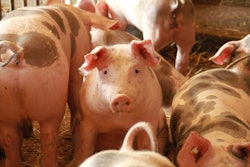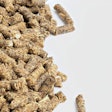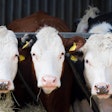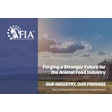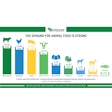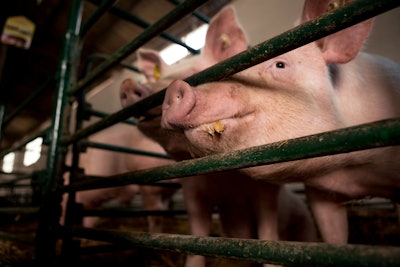
New research at Kansas State University is demonstrating that the risk of spreading a deadly animal virus through feed can be effectively reduced through the use of different feed additives, reports Phys.org.
The K-State research team, headed by Megan Niederwerder, assistant professor of diagnostic medicine and pathobiology in the College of Veterinary Medicine, has just published a new study, "Mitigating the risk of African swine fever virus in feed with antiviral chemical additives," in the scientific journal Transboundary and Emerging Diseases. This study provides the first evidence that feed additives may be effective tools against African swine fever.
"Our new research reports novel data evaluating the efficacy of feed additives on inactivating ASFV in an in vitro cell culture model and a feed ingredient transoceanic shipment model," Niederwerder told Phys.org. "This will provide valuable information to the swine industry with regards to mitigating the risk of potential routes for introduction and transmission of ASFV through feed and ingredients."





